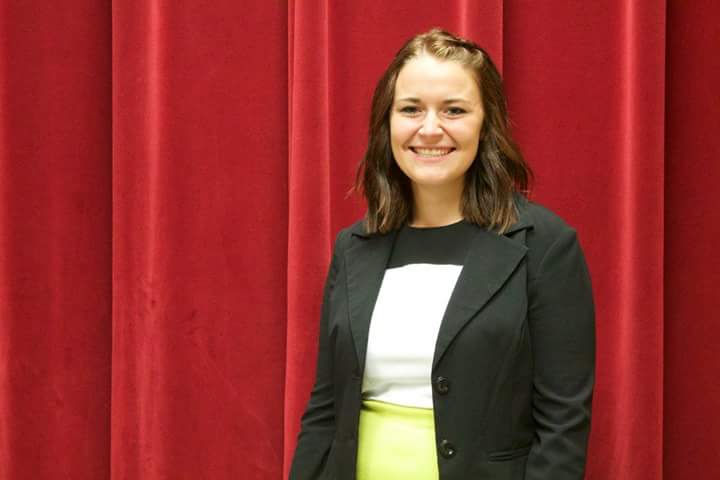Celebration of Scholars
As Memory Fades into History in Rural Guatemala: Creating Space for Peace and Reconciliation Among Ex-Combatants
 Name:
Paige Myers
Name:
Paige Myers
Major: History and Sociology
Hometown: Brooklyn Park, MN
Faculty Sponsor:
Stephanie Mitchell
Other Sponsors:
Type of research: Senior thesis
Funding: FRSC Undergraduate Research Grant
Abstract
This work is the continuation of four
weeks of original data collection and extensive research on the use of a
historical narrative as the vehicle to social action within a small socialist
community in northern Guatemala in 2015. The goal of this research is to
further expand on my prior research with an emphasis on the internal challenges
this community faces. These challenges stem from the lack of reconciliation that
took place in Guatemala following the 36-year civil war between the Guatemalan
government and the guerilla forces of the Unidad Revolucionaria Nacional
Guatemalteca (URNG). This research asks, how the community has created space
for healing and reconciling with the memory of the conflict as a means to development
and continuing the struggle? This research is supported through four weeks of
ethnographic research in the same community in January 2016. Reconciliation occurs
through the invented means of creative thinking of ex-combatant leaders in the
community. Themes of solidarity, sustainability, and continuing the fight sin armas (without arms), are integral
to the continued development of the community. This research also explores the
conflict among sub-groups based on gender, age, and community status that
hinder development and reconciliation processes.
